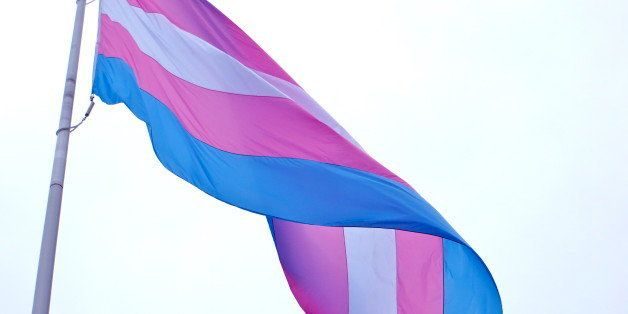Here is your chance to set the record straight. Get involved in the Australian online research study aiming to provide accurate information on what it is like to be a female-to-male (FtM) transgender person or a “transman” in Australia today.
The E-Male project is an Australian online study which will conduct research and assessments of the personal experiences of Australian female-to-male (FtM) transgender people.
Today “transgender” is an umbrella term for many different kinds of sexual diversity. According to the Ameriacan Psychological Association (2009), transgender people are individuals who do not conform to culturally defined categories of gender for persons of their biological sex.
The University of New England study will survey participants aged 16 years and older, through an invite only purpose built e-research site designed specifically for the study.
The site will feature a series of researcher directed discussions through a protected access discussion board including topics around sexuality (sexual attraction, sexual behaviour, sexual identity/preferred label, sexual health), the transition process, physical and mental health, access to services, support networks, life satisfaction and general wellbeing, sexual functioning, substance abuse, educational and occupational status, everyday life.
The research is based at the University of New England where it is being led by Associate Professor Gail Hawkes, Dr. Amy Lykins, Dr. Tiffany Jones, Dr. Tinashe Dune, Dr. Mitra Rashidian and Ms. Andrea del Pozo de Bolger. The researchers hope to address the current gap in research in what it is like to be a FtM transgender person as currently, worldwide, research tends to focus on male-to-female (MtF) transgender people and has shown that the FtM subgroup have different needs.
“It is important to understand that there are many different people who identify with being transgender. They may not be concerned with blending with the opposite sex. They may or may not seek hormone and/or sex reassignment surgery, or they may opt for only partial surgery. They may even adopt a gender neutral or ambiguous position” commented Senior Lecturer in Clinical Psychology, Dr Amy Lykins.
“We have found that the younger generation may refer to themselves as “gender queer” in an attempt to avoid binary categories. Others may experience a strong aversion to their primary genitalia and could benefit from SRS but financial limitations or concerns about the complications and limited functional outcomes of surgery become an obstacle” continued Dr Lykins.
Several members of the E-males research team – Associate Professor Hawkes, Dr Dune and Dr Jones – have also been involved in the creation of a Massive Open Online Course (MOOC) within Eduone at UNE, “Sexuality-Based Persecution and Discrimination”. This course features significant materials on issues of sexuality, sexual orientation, gender identity, homophobia and prejudice as well as queer pride.
All participants, and any information they provided to the research project, would be treated confidentially.
This study has been approved by the University of New England’s Human Research Ethics Committee (HE12-229; expiry date 29.01.14).
